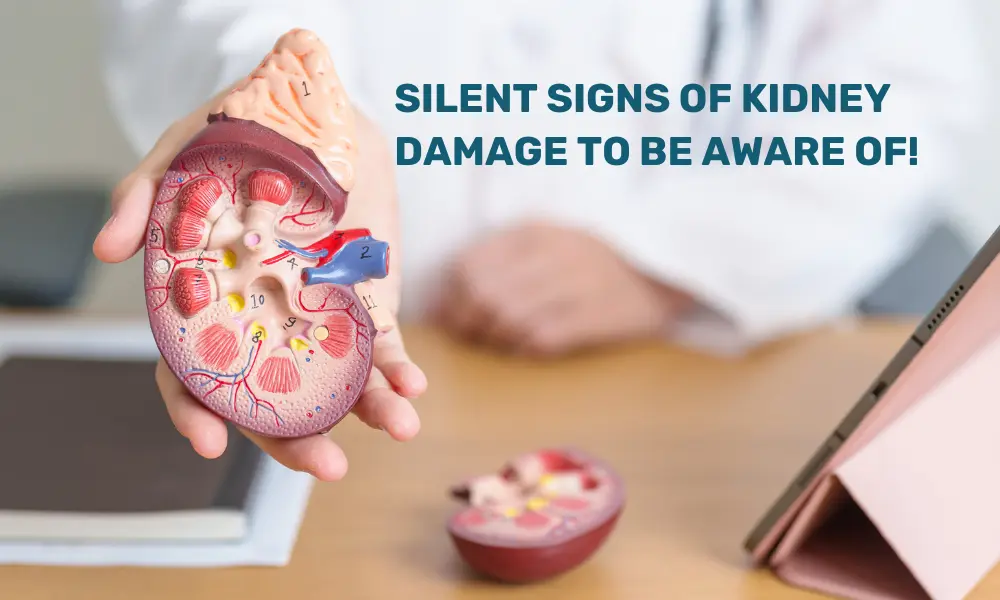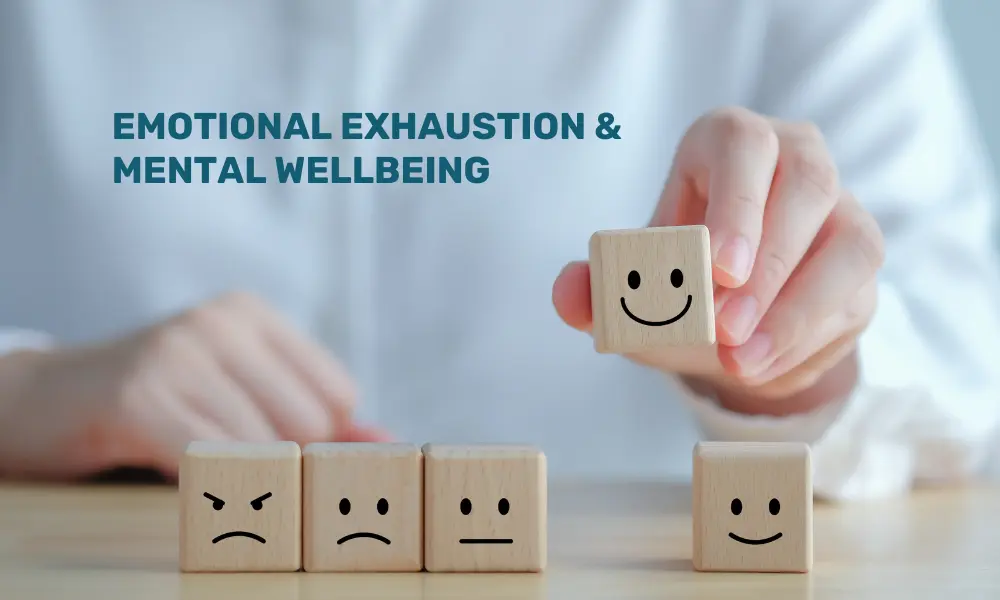Kidneys are one of the most vital organs in our body. They are bean-shaped organs located on either side of the spine and are involved in the purification of blood. It produces urine through which the nitrogenous waste products are eliminated from the body.
Diabetes and hypertension are the most common causes of kidney damage, and it is essential to know about the common symptoms of kidney dysfunction as below.
Functions of Kidneys:
The kidneys are located on either side of the spine, just below the rib cage. Each kidney contains microscopic units called nephrons that filter the blood and produce urine. The kidneys filter blood, remove waste, and maintain the body’s chemical balance. They also produce urine and secrete hormones.
-
Eliminates the waste from the blood, such as urea, produced during protein breakdown
-
Remove excess fluid from the body
-
Remove acid produced by body cells
-
Help to control blood pressure by sending signals to other parts of the body that control blood vessel contraction
-
Secrete Erythropoietin, which regulates the production of red blood cells in bone marrow
-
Secrete Renin, which controls blood pressure
-
Secrete Calcitriol, which is the active form of vitamin D that helps keep bones strong
-
It helps in maintaining bone health
Warning Signs of Kidney Damage
-
Swelling of feet: A common symptom of renal damage is swelling of feet or swelling of the face while getting up from sleep. It happens due to the Loss of proteins in urine and is a sign of kidney injury. In the initial stages, patients may have only transient swelling of the feet after prolonged sitting, which disappears after lying down.
-
Frothy urine: It is normal to have frothy urine when passing urine in a full bladder, like the first void urine after waking up. However, persistent frothy urine needs evaluation to rule out proteinuria, a renal injury marker.
-
Sometimes, No symptoms: Early stages of kidney damage do not cause any symptoms and can only be detected through blood tests, urine tests, and Blood pressure measurements. Hence, it is very important for patients with a high risk of developing kidney damage like DM and HT to get their renal function tests at regular intervals, even if not symptomatic.
-
Changes in volume of urine: Passing very low volumes of urine (oliguria) and passing excessive volumes of urine (Polyuria) – both are abnormal and need evaluation of the renal functions
-
Loss of appetite and tiredness: Usually, these are very nonspecific complaints, and patients with advanced renal dysfunction may have these symptoms due to anemia, which is common in later stages of kidney disease.
-
Blood in urine: A scary symptom for many patients and may be due to benign causes such as Urinary tract infection or renal stone. However, painless hematuria in an elderly smoker must be evaluated for malignancies like Renal Cell carcinoma or Carcinoma of the urinary bladder.
-
Loin pain: Urinary stones blocking the flow of urine in the urinary tract can cause acute pain in the lumbar area and will need appropriate imaging and management. However, it’s important to note that renal dysfunction alone usually does not cause any pain.
-
Itching: Patients with advanced renal dysfunction can develop multiple skin issues like dryness of skin and severe itching
-
Others: Shortness of breath, Changes in taste sense, Bad breath, burning micturition, Loss of weight, Insomnia – Though not specific to renal dysfunction, may be associated with renal injury.
The bottom line
Early stages of renal dysfunction do not have any symptoms, or the symptoms are very subtle / non-troubling – however, most treatment modalities are effective only during this stage. Hence, it is essential to consult a doctor if you are experiencing any of the above warning signs of kidney damage.




